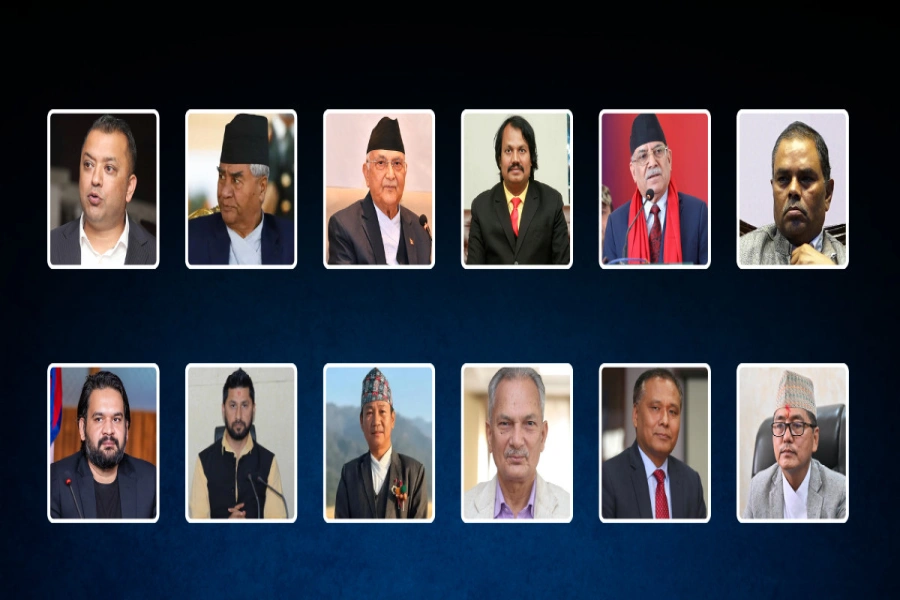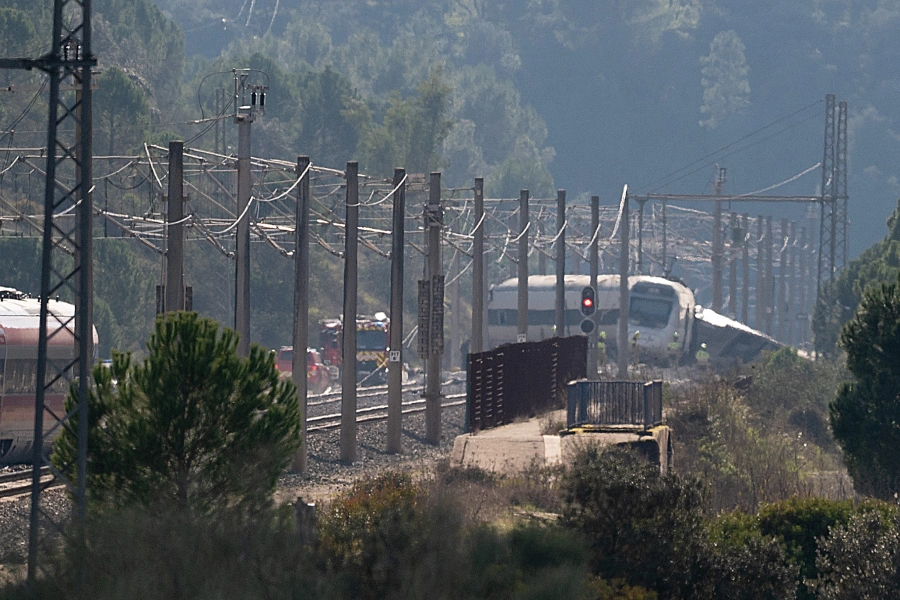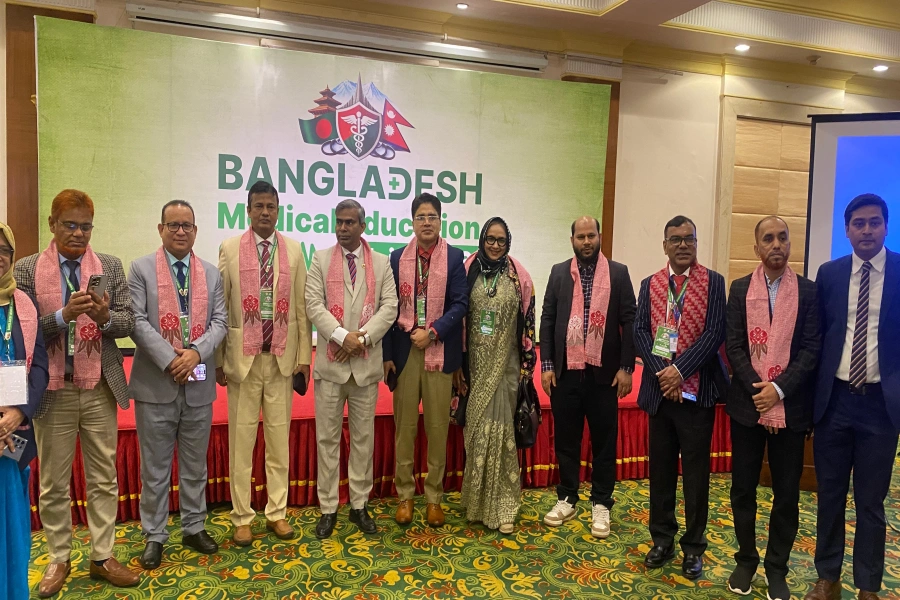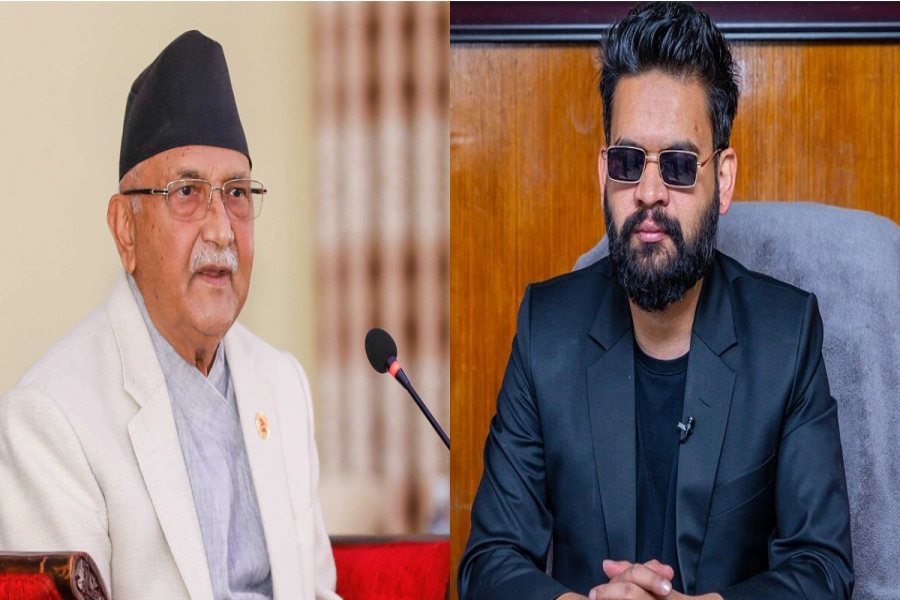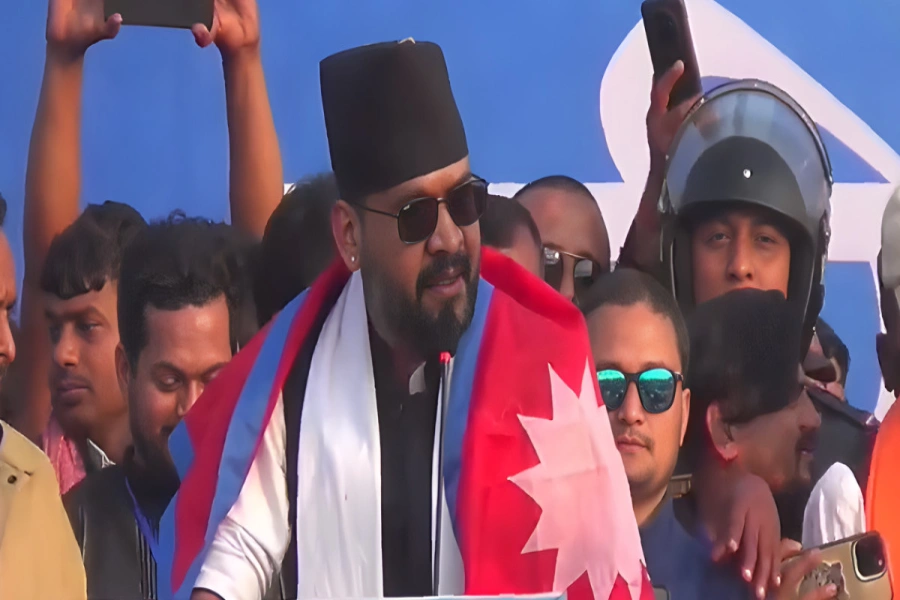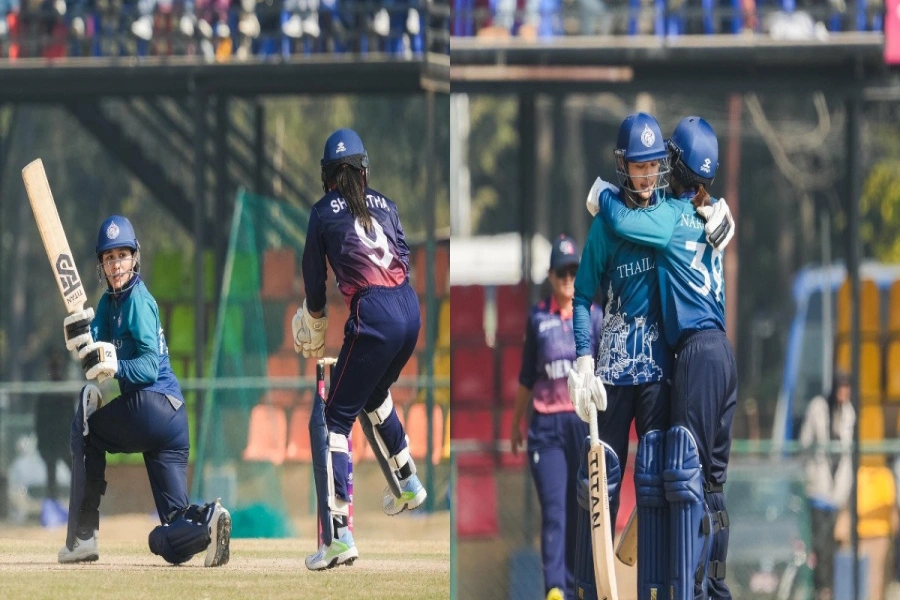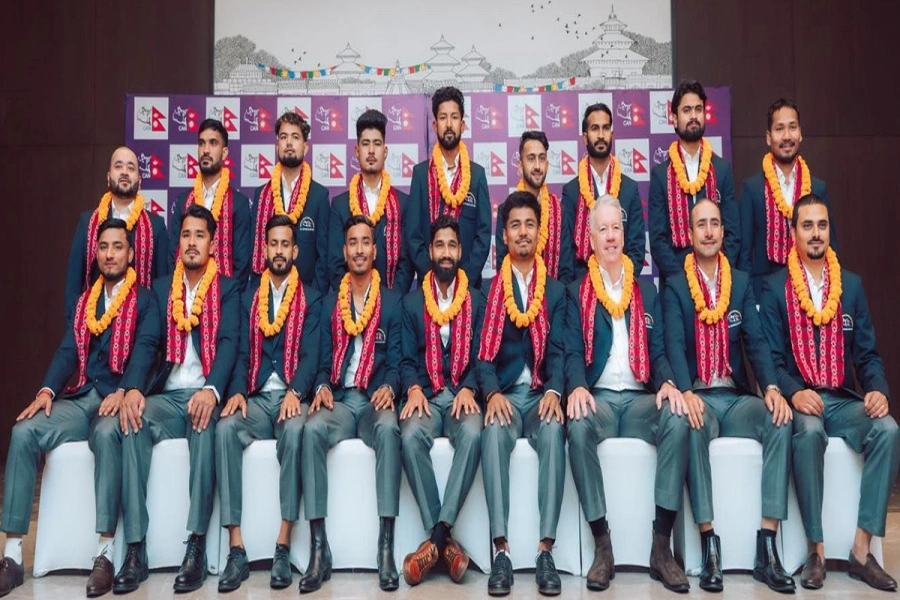And we also discover, if we are lucky, where exactly we are strong, and where we were forever meant to be weak, so that another could come beside in that exact moment and show us a slow but steady way, out of the terror in which we are hopelessly caught.On April 25, 2015, the earth cracked open with violent force, reducing the countryside to rubble and the city to a series of fractures from which concrete, stone and the human heart does not recover. Within hours of that quake, I started to receive messages from my friends in Kathmandu—young people I had watched evolve from students to scholars to emerging leaders. Not too many days later, after forming a coalition among the Nepali diaspora here and mutual friends devoted to helping in any way we could, I decided to fly to Nepal and see for myself how my friends were doing.
It was not satisfying the mama bear in me. I could read between the lines the kind of silent anguish that never really finds words. I did not want to be far away from these dear ones. I wanted to look them in the eye and say, "We are with you. The whole world is with you. We can do this together. Don't be afraid."
My first few days in Kathmandu sequestered in a friend's apartment while another friend organized walks for me to see the relief efforts, I realized that part of my job was not to ask questions or to find out how we could help more from the US. My work was simply to be. To be a witness.To listen to stories.To tell my own. To remind each person in front of me of their strength in times past, and the tenderness of their own hearts even now. To say nothing most of the time.To watch.To wait.
I saw real trauma in my beloveds and real upsets, the kind that made me want to bring everyone home with me for naps and soup and stories and bed. But underneath that, I saw fierce determination. The kind you can only have when you are young and you do not know how hard things can get or how complicated. When I alluded to this, my friends said, "Tomorrow we will take you to Bibeksheel."
It's not easy to be an outsider in situations like this. If you have the willpower to be deeply present, you quickly learn how much your fantasies of rescue or helpfulness will not be fulfilled. People all over the world know best how to put their house in order when it falls down. This is a shock to the Western psyche, but everywhere I have been I have found it to be true. People may be weakened, impoverished, discouraged, gutted even, but at the end of the day, everyone knows exactly what to do.
I didn't like this. I wish to be needed. To be important. To be loved for my willingness to sacrifice. For my desire to help. And if I stay in this place long enough, with enough conviction, I have found that my friends around the world will tune in, and do their best to find something for me to do, so that I won't be so disappointed that I came. So that I'll feel good about coming, which will mean they were good hosts, most especially to me, the sacred and hallowed guest.
It took me many years to understand this, after many experiences of never being needed for the thing I thought I was most needed for, and for being needed for something else that seemed hard or problematic to me or so simplistic it seemed my presence was a moot point overall. I learned this after insisting on a particular way (mine) over another (theirs). I learned this after being humored and subverted and defied and defeated, all my good intentions laid bare, revealing all that I ever really had to give, a curious heart, finally all the way open, and hands ripped clean of any and all agenda, except the desire to listen. Really listen.
Going to Bibeksheel headquarters in Kathmandu confirmed these experiences, only this time I had enough distance to be glad and not annoyed at the depth at which foreign countries and foreign people refused to grant my desire to have my existence made meaningful once and for all. I saw instead something completely separate from me, having nothing to do with me, created without any western input, for the sake of a nation and a future that most in my circle would never witness, never see and never fully understand.
I was, by virtue of friendship and friendship alone, the lucky recipient of a front row seat at the evolution of a nation, making in this particular moment a fantastic leap, the way that scientists can document after millennia of perceptible micromovement. At Bibeksheel I saw the future leaders of Nepal moving with elegance and precision that marks only the most organized and devoted youth movements. I saw collaboration without ego, courage without hesitation and the nuts and bolts of a grassroots relief effort led by true peer leadership. Remote villages were served within days of the first quake, the local hospitals were fortified with volunteers within hours of the second. No one needed anything except the cooperation of the whole, and they had it. I stood back, in awe, amazed. I took a few pictures, but mostly my heart took notes.
My presence was fairly invisible, since I had no required role, no essential responsibility. For all my goodwill, I understood Nepal is not my country. For all my compassion, this Earthquake is not my Earthquake. For all my alliances, there are others here thriving, with the push and pull of real machinery, the kind that makes a country truly work, all my western opinions and strategies for inserting myself aside.
As tremor after tremor continued to come, it was easy for me to choose the comfort of my own country and the security of a small and tranquil piece of the earth so far away in my home of Washington DC. I would return without accolade, accomplishment or notice which is exactly as it should be. The real story is not mine. It belongs to the young people of Nepal and the way their courage, their tenacity, their hope, their determination is creating something so much more meaningful than my western mind could imagine before I was their witness: a country conceived not out of war, revolution, materialism, competition or strife, but out of service, out of devotion, out of love. A country not defined by a western quest for significance, but by a remarkable sense of togetherness that will continue to instruct myself and the world for decades to come.
The author is a writer, poet, storyteller, and founder of HopefulWorld.Org. She lives in Washington DC
Twitter: @jenlemen
Nepse closes week slightly higher



